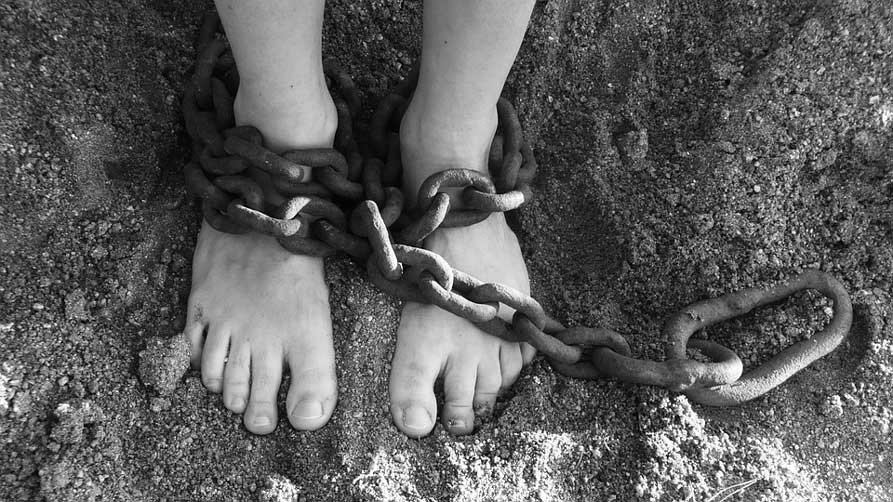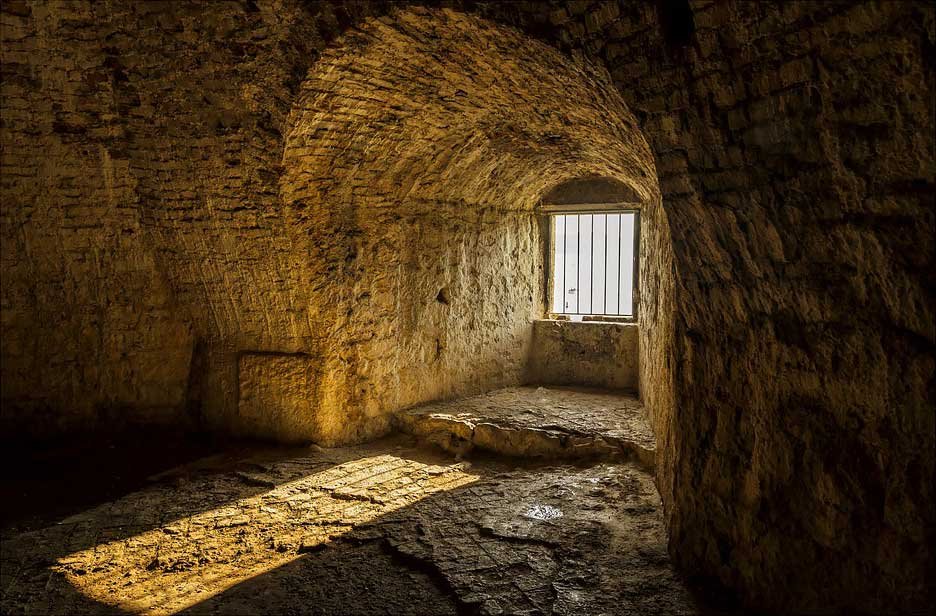
Private prisons are the type of prisons the state or government does not run. This is why it has become a matter of controversy.
Well, if you’re wondering what runs a private prison, then we must tell you a private company owns and runs a private prison.
There is more than one private company, and several private correctional facilities are running under each organization.
What Are Private Prisons?
There are both haters and supporters of such prisons because it offers both pros and cons. Today we will help you learn what private prisons are and their pros and cons.
Private prisons are generally correctional facilities that are not run or owned by the government of a country but by some private organizations. Such companies use private prisons as a means of business.
Private organizations gain money as the government hires these companies to keep and manage prisoners. However, they charge the government less, and as a result, it seems economically profitable.
However, such private prisons also take huge amounts of money from the inmate’s family members to earn a big profit. Still, they provide private prisoners less than the inmates of government-running prisons.
This is why some people, especially the close members of inmates, criticize private prisons for prioritizing money over the welfare of offenders.
The Pros of Private Prisons
The following are a few potential benefits of private prisons:
Minimizes the Overall Cost
The primary benefit of having private prisons is it minimizes the overall cost for everyone. Since private prisons offer lower operating expenses, taxpayers can pay less money.
Similarly, the government can save some money to use for another sector other than prisons by giving private companies less money than the amount needed for government-running correctional facilities.
Offers Flexibility
Private prisons are more flexible than government-running ones. It’s because these correctional institutions can make quick and simple adjustments to inmates’ programs and operations and add or deduct staff.
Allows Innovation
Most private prisons have cutting-edge management techniques. These prisons are always welcoming to technological advancement, which helps them operate more creatively and monitor the inmates properly. This results in a safe and sound environment for both the staff and the inmates.
The Cons of Private Prisons
Private Prisons offer not only advantages but also disadvantages. The following are the cons of private prisons:
More Determined to Get Profit
Although most people think that private prisons are determined to hold prisoners to keep society safe, they are actually determined to make more Profit.
According to various reports, private prisons make great money from the inmate families and the government; however, they use much less for them.
Offers Less Information
Learning what’s going on inside a government-run prison is simple. But private prisons are less transparent than government ones, so it’s hard to learn what’s happening inside a private prison.
Since getting proper information is hard, comparing them properly to government-running correctional facilities is also quite impossible.
Offers Less Treatment to Inmates
In private prisons, inmates are not treated right. If inmates get sick, they need to pay big cash to inform their families over the phone. They would ask for a lot of money to get proper health treatment.
Often the families of inmates fail to pay that big amount. As a result, prisoners of private correctional facilities don’t get proper medical attention.
Paying a Very Less Wage
Private prisoners also have to work. Private organizations sell their made-up products. The companies keep most of the Profit while giving the inmates very little pay.
Final Words
Private prisons offer fewer advantages and more disadvantages. The offenders in private prisons are not highly dangerous criminals.
Still, they are put under more pressure and stressful situations than the dangerous prisoners housed in government-running prisons. This is why many hate privately owned prisons and often criticize them.













Pingback: How Much do Private Prisons Make Per Inmate in 2021
Pingback: The Cost of Private Prisons vs Public Prisons in 2022
Pingback: How do Prisons Make Money for the Government?
Pingback: How Many Prisons are Privately Owned in the US in 2022